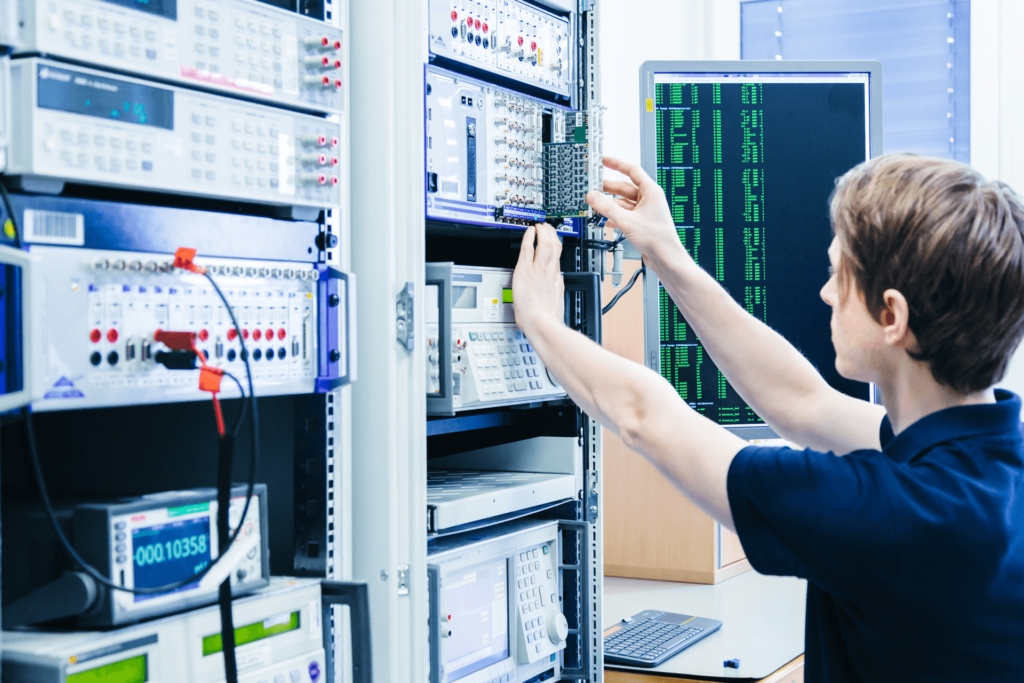In science, engineering and technology, precision is crucial. Whether measuring temperature, electrical voltage, atmospheric pressure or any other parameter, reliable test and measurement equipment is essential. However, even top-quality instruments can exhibit measurement deviations. This is where calibration comes in, an essential process for ensuring data accuracy. But why calibrate your test and measurement equipment? This article explores the importance of calibration and the benefits it offers.
1. Measurement Accuracy
Calibration involves adjusting and correcting an instrument's measurement deviations in relation to a known, accurate reference or measurement standard. This ensures that measurements comply with the manufacturer's data. When data is accurate, decisions based on that data become more reliable. Whether in a research laboratory, production plant or medical environment, accurate measurements are essential for making informed decisions.

2. Reliability of results
Calibration of test and measurement instruments contributes to the reliability of results. It minimizes systematic errors, such as instrument drift, which can affect the consistency of measurements. By eliminating these errors, we can be confident in the stability of the results obtained from the instrument.
3.Standards compliance
In many fields, it is necessary to comply with specific standards and regulations. Calibration is often a key element of this compliance. Regulatory bodies and industry standards generally require test and measurement instruments to be calibrated annually to ensure data quality and traceability.
4.Save time and money
Although calibration requires some planning and costs, it can actually save you time and money in the long run. By correcting measurement deviations, you reduce the risk of defective products, unnecessary operations or delays due to measurement errors.
5.Preventive Maintenance
Regular calibration is a form of preventive maintenance. It enables potential problems to be detected and corrected before they become critical. This extends the useful life of the instrument and reduces production or research interruptions due to breakdowns.
6. Measurement traceability
Calibration establishes measurement traceability, i.e. the ability to trace measurements back to national or international reference standards. This ensures data interoperability between different laboratories and institutions, reinforcing the credibility of results.
In conclusion, calibrating your test and measurement equipment is essential to guarantee accuracy, reliability and compliance with standards. Calibration is not just a costly procedure, but rather an investment in data quality and risk reduction. It contributes to the credibility of results, informed decision-making and confidence in the measurements we make every day. Ultimately, calibration is an essential part of the quest for precision and excellence in science and engineering.









